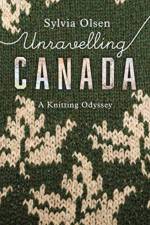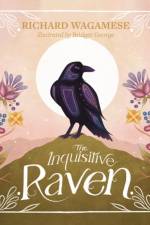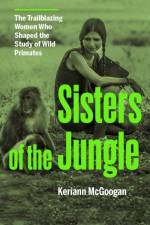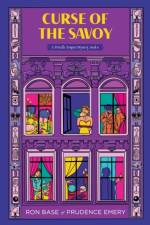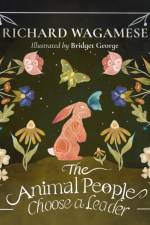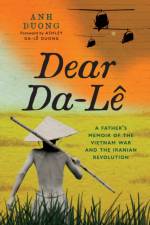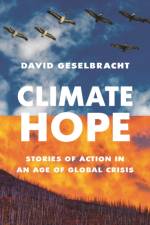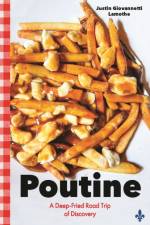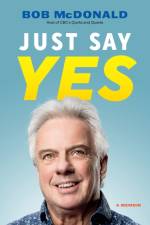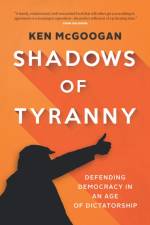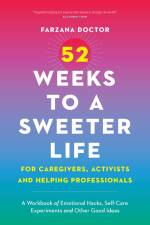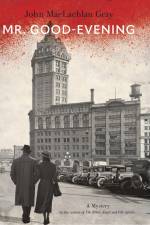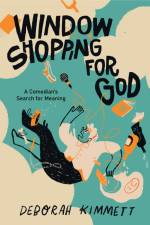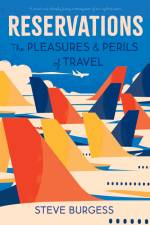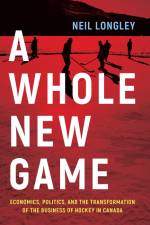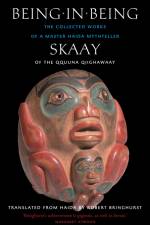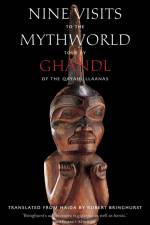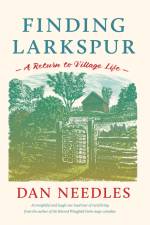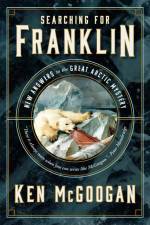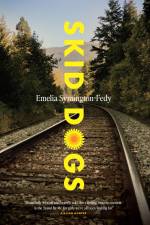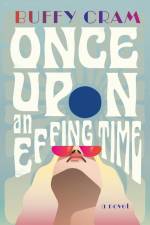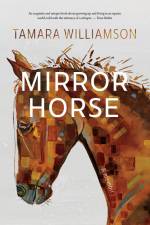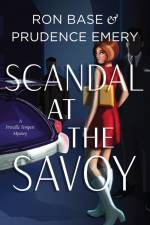av Ken McGoogan
311
In response to right-wing extremism in the United States and around the world, Ken McGoogan offers lessons from history by looking back at the rise of authoritarianism and the collapse of European democracies in the lead-up to World War II.In Shadows of Tyranny, historian Ken McGoogan warns against the future by drawing on the past, setting the emergence of alt-right fascism in the US against what happened last century in Europe. Incorporating conventional history, political analysis, biographical sketches and literary criticism—referencing visionary works by Margaret Atwood, George Orwell, H.G. Wells, Yevgeny Zamyatin, Jack London, Sinclair Lewis and Philip Roth—Shadows of Tyranny honors those who defied dictatorship and exposed totalitarianism in all its guises.McGoogan traces the ways democracy succumbed to paranoia, polarization, scapegoating and demagoguery less than a hundred years ago in the days of Stalin, Hitler and Mussolini. Taking a biographical approach to history, he highlights the personal stories of those individuals who fought their way through the Great Depression, the Spanish Civil War and the Second World War. He looks at what the authors, journalists and poets of the day were writing, who was listening, and who wasn’t.The book tracks George Orwell, of course, but also journalists like Matthew Halton, Dorothy Thompson and Martha Gellhorn, philosophers like Walter Benjamin and Hannah Arendt, and such multi-faceted figures as Winston Churchill, Andre Malraux, Norman Bethune and William Stephenson. It follows them from the obliviousness of the 1920s through the stunned awakening of the 1930s, and on into the nightmare horror of the 1940s. McGoogan spotlights heroes of the French Resistance, such as Josephine Baker and Marie Madeleine Fourcade, before shifting the focus to reveal startling similarities between those events of the past and the trajectory of American politics under leaders like McCarthy and Trump.Shadows of Tyranny aims to revive the words of Winston Churchill when he said, “Those that fail to learn from history are doomed to repeat it.” Twentieth-century novels such as George Orwell’s 1984 and Margaret Atwood’s The Handmaid’s Tale produced visions of future dystopia that rang with echoes of past tyrannies. Always implied was a warning that history’s worst chapters are never truly closed, and that we must not fail—as many of our forebears did—to recognize that the threat of totalitarianism cannot simply be wished away.

